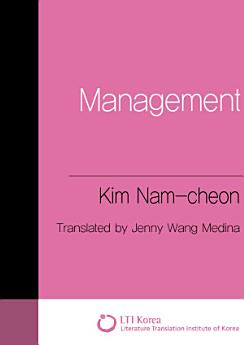Management
Über dieses E-Book
Bewertungen und Rezensionen
Autoren-Profil
Kim Nam-cheon (1911-1953) was a prominent colonial period author and critic born in Seongcheon, Pyeongnam Province in 1911. His given name was Hyo-sik, but he is better known by his literary name, Nam-cheon. After graduating from Pyongyang High School in 1929, he attended Hosei University in Tokyo where he became a member of the socialist writers group KAPF (Korea Artista Proleta Federatio).
In 1930, Kim began his writing career with a critical piece titled “A Reexamination of the Beginnings of the Film Movement.” Together with Korean writer Im Hwa, he advocated a Bolshevik Literary Movement and wrote the social issue novels Factory Newspaper (1931) and Factory Workers Association (1932), even participating in a strike at a rubber factory in Pyongyang.
Some of his most representative works include the historical novel Great Currents (1939) and the short stories “After Beating Your Wife…” (1937), “Management” (1940), and “Barley” (1941). Many of Kim’s early works reflect his Marxist perspective and progressive writing style, but his works from the later years of the colonial period are marked by the anguish many intellectuals felt about the experience of forced political conversion under Japanese Imperialism. Immediately after liberation, Kim Nam-cheon worked with Im Hwa for the “Joseon Writers Alliance.” Kim, Im Hwa, and Park Heon-yeong are thought to have been executed in North Korea during a purge of intellectuals in 1953.




